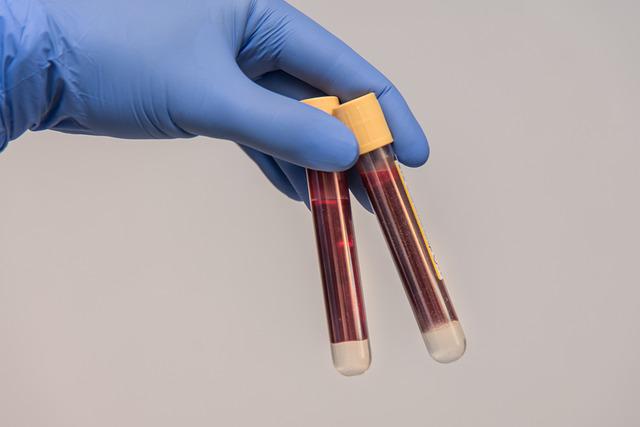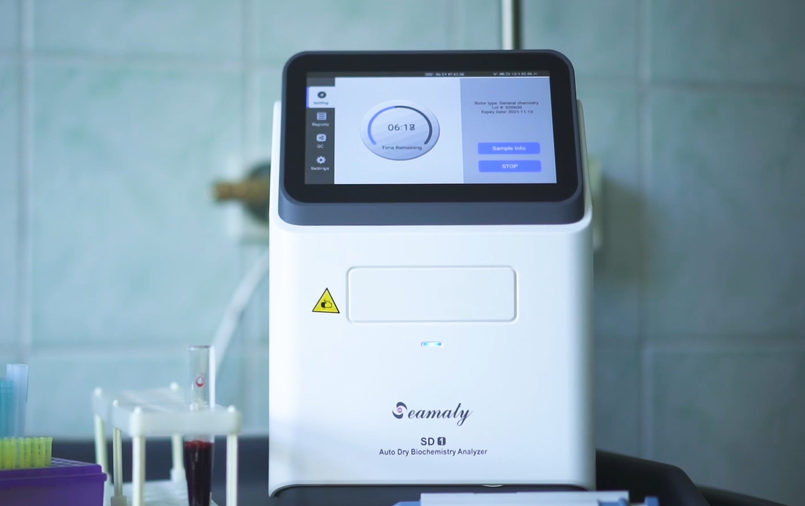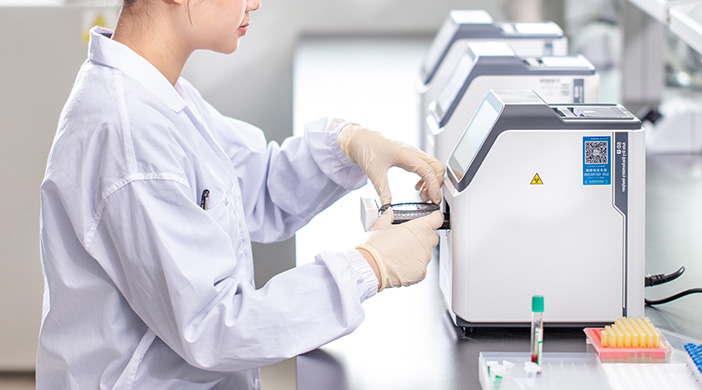release time:2021-12-30 10:47:53
Hemolysis is a frequent phenomenon in clinical biochemical testing of blood samples. Hemolysis can affect the accuracy of biochemical test results. And hemolysis very often occurs when blood is drawn. So what are the causes of hemolysis when blood is drawn?


2023-06-14
Explore the comprehensive guide to clinical laboratory analyzers, including hematology, immunology, chemistry, microbiology, and molecular analyzers. Discover the workings of clinical chemistry analyzers and the diverse tests they perform. Uncover the advanced features of the Seamaty SD1, a top chemistry analyzer for fast and accurate diagnostics.

2022-07-06
A chemistry analyzer is a device used to test and measure the chemical composition of a substance. This can be anything from water to blood, and is an essential part of many laboratories.Choosing the right chemistry analyzer is therefore important, and there are many factors to consider.

2022-03-11
A biochemistry analyzer, also known as a clinical chemistry analyzer. It is used to measure the metabolites present in biological samples such as blood or urine.